Shopping developments and thier local communties will suffer from the current slowdown in the retail-led development pipeline, the BCSC has warned.
The research report – Retail-led regeneration: why it matters for our communities – was conducted by DTZ.
It focuses on the impact of five retail schemes including: Byron Place and Dalton Park in East Durham; Glasgow Fort; The Centre Feltham in Hounslow, London; and the Bullring, the Mailbox and Castle Vale in Birmingham.
The research involved detailed analysis of socio-economic data as well as interviews with local authorities, businesses and community groups in each of the areas.
For example, in 2007, retail was the third largest employer in the UK, employing around 3m people on a full-time basis and 1.75m in part-time work, the research found. It expressed concerns that the global downturn’s curtailing effect on retail-led developments would negatively effect communities.
It concluded that six key factors will maximise the return and make the difference for local communities in retail-led development:
• Attract a good range and quality of retailers
• Have a plan for your partnership – this should be simple and clear
• Keep lines of communication open and build trust
• Provide fit-for-purpose urban design
• Give high priority on sustainability and viability
• Add value by going beyond the minimum requirements and regulations
Martyn Chase, head of retail at DTZ and BCSC president said: ‘With the retail development pipeline likely to be curtailed over the next few years, communities badly in need of investment and regeneration may suffer.
‘For developers, there is a clear commercial benefit in taking social impact into account. Understanding future customers’ needs and concerns about communities early on is more likely to create a long-term successful relationship with all parties.
‘Clear guidance is needed on how to measure the social and economic impact to help support local authorities when assessing the viability and benefits of new developments.’
Bill Boler, director of investment and physical regeneration at Business in the Community, who worked with DTZ to compile the report, said: ‘In this increasingly tough economic climate, ensuring that investment benefits the communities and people that need it most is more important than ever.
‘Retail-led regeneration can reconnect communities to economic opportunity, leveraging direct employment, local business support and additional investment.’
To read the full report, open the attached file.























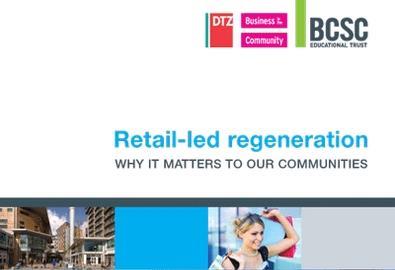
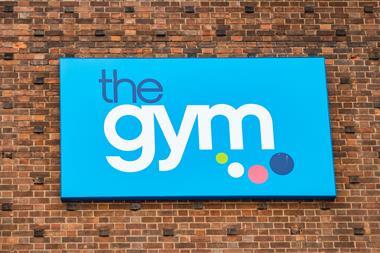
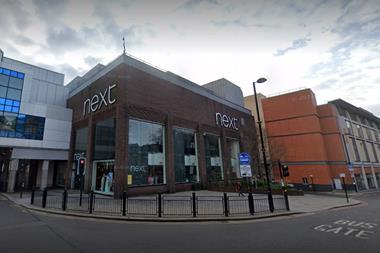
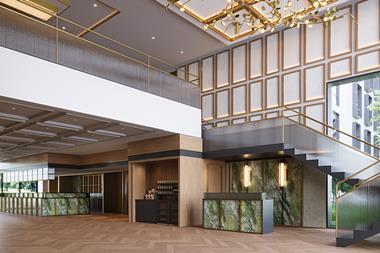
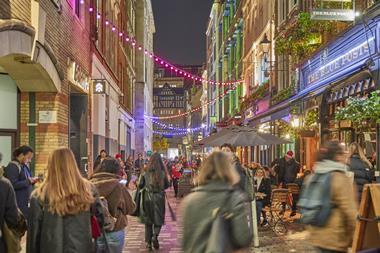
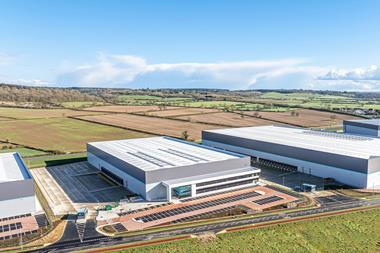

No comments yet